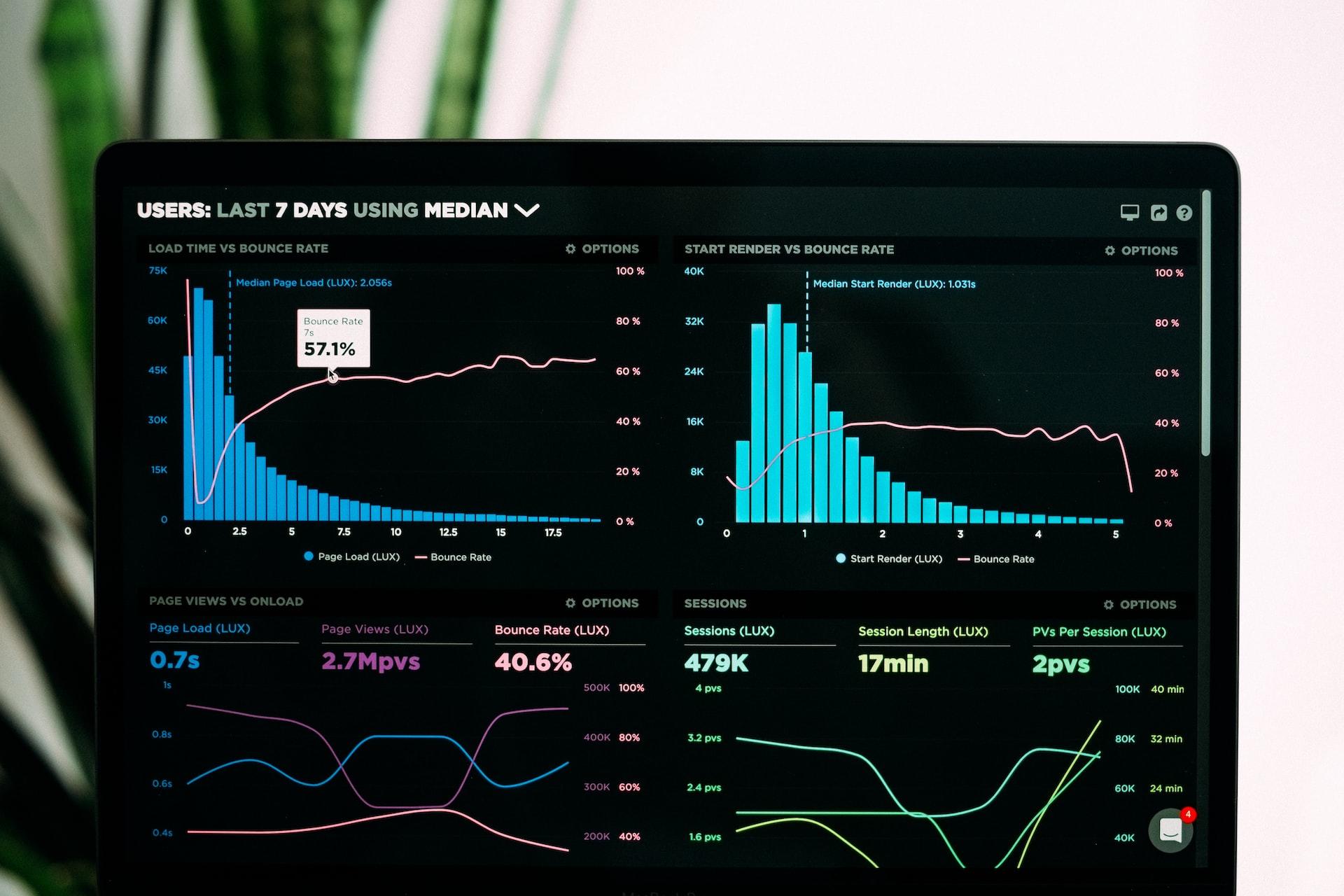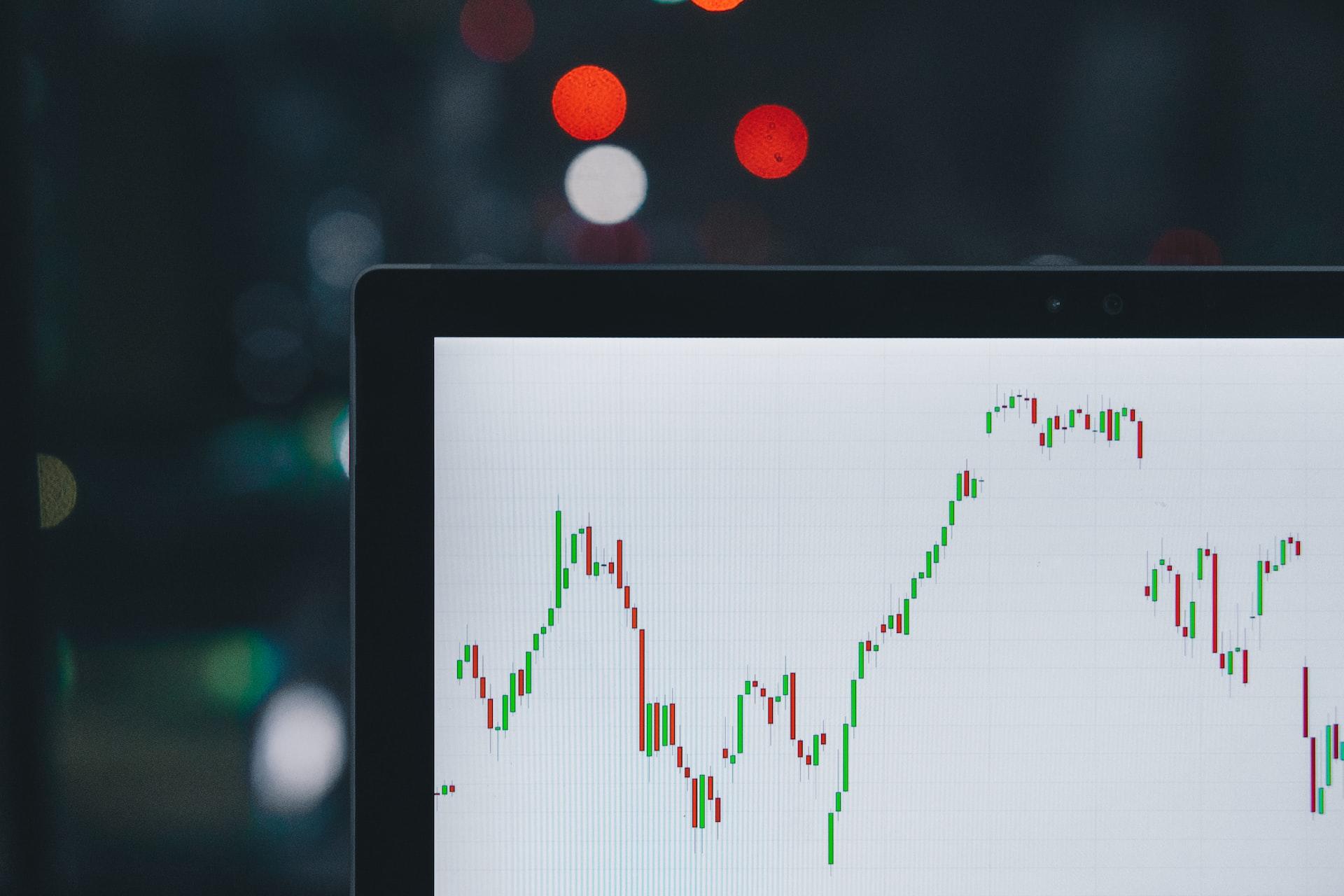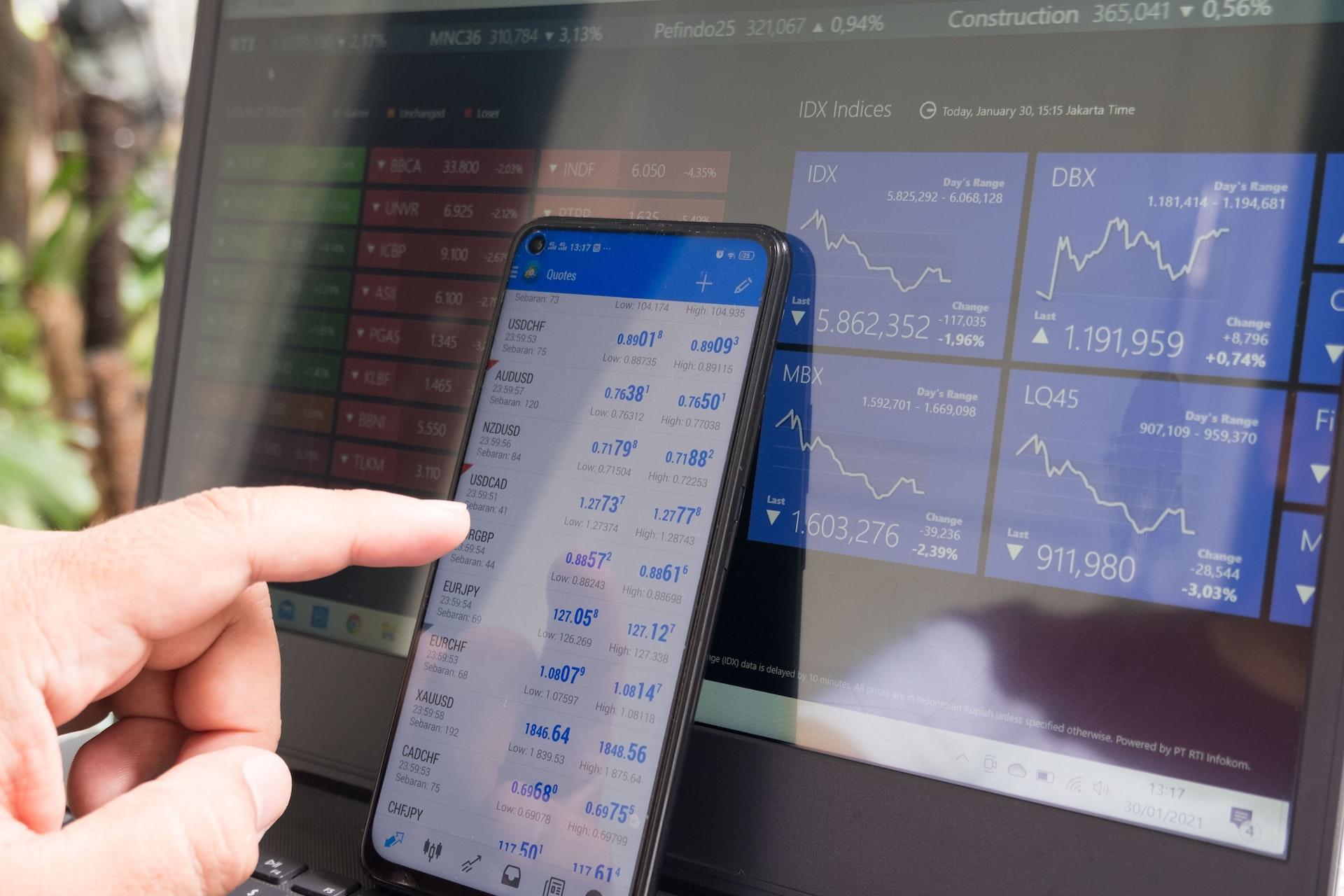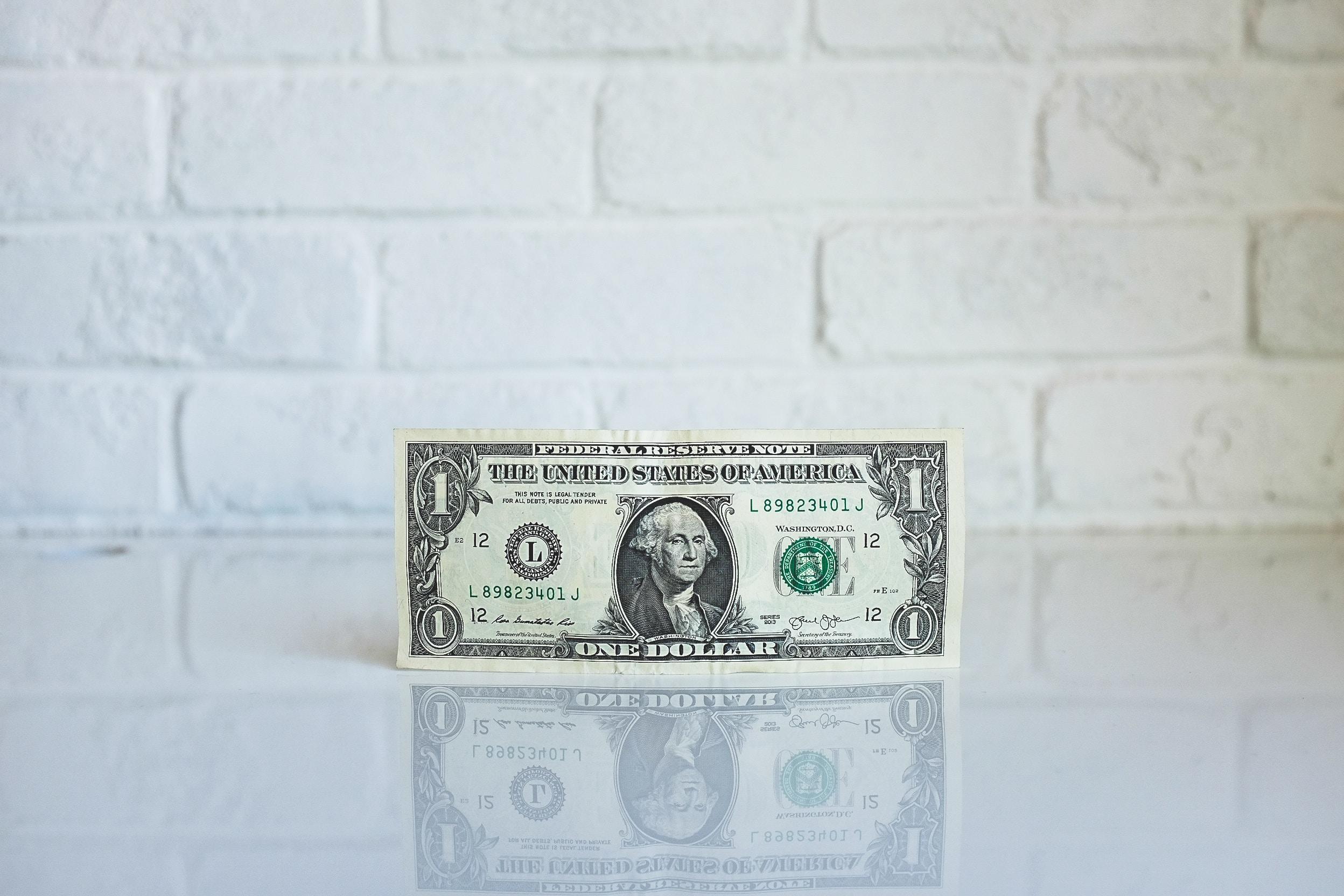If you're familiar with economics or maybe even Greek, you probably already know what econometrics is, but for those of you who are new to the whole thing, let's see what it is, how it differs from plain old economics, what you can do with it, and how hard it is to study.
Here's our quick guide to econometrics.

What Is Econometrics?
The name econometrics comes from a combination of “economics” and the common suffix “-metric” which roughly means “the measurement of”. So, to put it simply, econometrics means “measurement of economics”.
Problem solved.

What this actually means in practice is a combination of statistics and economics, or economics with more math and statistics, in particular.
Econometricians, as they're known, will take statistical modeling and statistical theory, for example, and use them to find economic relationships between observed economic phenomena.
Econometrics often uses estimation theory, statistical theory, mathematical statistics, and other statistical models like linear regression. The important thing to remember is that econometrics often focuses on taking real-world data rather than doing experiments as experimental economic data is hard to create.
Econometrics, like many other sciences, can be split into theoretical econometrics and applied econometrics.
While taking data and doing your research probably sounds like the smart way to study economics, there are some fairly vocal critics of econometrics as an over-reliance on data can sometimes lead to claims of correlation where there's no causal or economic reasoning to suggest the correlation.
Even when two observed phenomena may indicate a correlation, that doesn't necessarily mean that correlation is present. After all, the per capita consumption of chicken correlates with US crude oil imports but that doesn't mean that one affects the other.
Sometimes, correlation can just be a coincidence.
What is the difference between economics and econometrics?
While an economics major wouldn't study exactly the same things as an econometrics major, you have to keep in mind that econometrics is a branch of economics with some key differences.

Econometrics is a more specific approach to economics so an econometrician would likely have a good understanding of economics but their focus would be more on how statistical economic models and methods can be used to establish relationships or how to apply said relationships to the real world.
An economist would be more likely to take qualitative approaches than an econometrician, but the latter certainly couldn't become an expert in their field without studying economics.
If it helps to oversimplify, econometrics could be explained as statisticians doing economics. Many other fields also draw upon statistics to add quantitative theory and approaches to their field of study and economics is no different.
As critics often point out, econometrics can't explain the whole picture as it overlooks the qualitative aspects of economics, but in a world where both qualitative and quantitative approaches exist and are applied to economics, econometrics can be very useful and a fascinating specialization.
With every field of study, including economics, comprehensive approaches are pretty essential. More often than not, this can't be done by a single person or even a single field hard at work so collaboration and different branches bringing something unique to the table is always a good thing. While no particular subfield or specialism will tell the whole story, using different approaches can teach us more about the world and economics, as is the case with econometrics.

What are the types of econometrics?
In the same way that econometrics is a branch of economics, econometrics has further subdivisions as well that allow for different approaches and even specialization.

All econometricians will use mathematics, statistics, and economics to study phenomena, create models for use in economics, and apply them.
The ultimate goal of econometrics is to provide useful models that economists or decision-makers can use to make safe and sensible business or financial decisions. Similarly, econometrics can also be useful to policymakers, provided they are aware of the risks when applying econometric modeling (especially in isolation).
There are many different ways to cut a cake and you can do the same with econometrics. It can be useful to divide econometrics into theoretical econometrics and applied econometrics. Of course, whenever you try to divide anything into binary options, you have to remember that there are exceptions and that most things are spectral rather than binary.
To oversimplify econometrics again, theoretical econometrics looks to find the best ways to measure economic relationships and is more likely to concern itself with models, methodologies, and approaches.
Applied econometrics is when we take what the theoretical econometricians have deemed to be the best ways to measure phenomena and use them to solve problems in the real world.
However, in practice, econometricians will have certainly dipped their toes in both the theoretical and applied sides of econometrics. You have to know what tools you have at your disposal to use them and you have to see the aforementioned tools in action to know if they can work in the real world.
While you can certainly lean one way or the other, theoretical econometrics can't exist without applied econometrics and vice-versa.
If you decide to study econometrics, you'll likely find a preference for one over the other, but that doesn't mean you can completely ignore the side you don't like as much.
Most courses will likely have students get involved with both.
Is it hard to study econometrics?
While some majors are easier than others, you should remember that studying for any undergraduate degree at college at least requires a certain level and challenge to be able to award the degree.

You also have to consider that every student has their strengths and weaknesses and by the time you start attending college, you should have some idea of what they are.
If you have always loved the arts but hated math and struggled with it, then econometrics probably isn't the right choice for you, even if there are some very lucrative and promising careers available to those who do study it.
If you've always loved math then econometrics might be right up your alley, but that doesn't mean you won't be challenged. You'll come up against math, computing, and economics.
Some students prefer the theory, while others prefer applying what they know to the real world. As we mentioned, you'll likely get a mix of both with some options.
It also helps a lot if you enjoy thinking analytically. Like many other subjects, you can make things easier by working hard, studying regularly, gaining a solid understanding of the fundamentals (even if they aren't the most exciting part of the subject), and using the expertise you have on hand through your school and your professors.
You may find some parts easy and other parts more difficult (there might be quite a few difficult parts of econometrics). You know the kinds of things you like to study so if econometrics involves the kinds of things you've enjoyed or found easy in the past, it could be a good fit.
What careers can I have in econometrics?
While it might be nice to just study for fun, you'll likely have the ultimate goal of getting a career out of studying at college.
With econometrics, a lot of the career choices will overlap with studying economics, because, after all, econometricians are also economists.
Here are some of the most popular career choices for those that studied econometrics.
Accountant
Anyone who's studied econometrics or economics will likely have the skills needed to become an accountant. Keep in mind that the requirements for accountants vary by state and that there'll likely be further qualifications needed, but if you are good at math and have studied econometrics and economics, you'll be in a good position to move towards becoming an accountant.
Analytics Consultant
As an analytics consultant, your job will be managing data and offering help with decisions based on data. You'll be expected to put together reports explaining your findings and reasoning as well as being responsible for the quality of data and how it's organized.
Data Analyst
As the name suggests, data analysts analyze data, which just so happens to be what econometricians do, too. With a background in econometrics, you'll be pretty well-versed in statistics and data analysis.
The data you end up analyzing may not be economic in nature, but if your background is in economics, it likely will be.
If it's not, you'll probably use more of your math and statistics skills than your understanding of economics.
Data Scientist
As a data scientist, you'll be using large amounts of data to look for trends, patterns, and relationships. From there, you'll be expected to interpret data so that you can either report on your findings, create forecasts, or even consider how a company or organization collects, organizes, and analyzes its data.
Financial Analyst
Much like a data analyst, a financial analyst will also look at data to make decisions or forecasts. However, a financial analyst will also need to use economic reasoning alongside the data. Of course, if your role is as an out-and-out econometrician, you might be tasked with only the quantitative side of the data, analysis, and forecasting.
Risk Analyst
As the ultimate goal of econometrics is to model and understand real-world phenomena, a risk analyst can use econometrics for important financial or economic decision-making and evaluate the risk involved in each option.
Summarize with AI:
























